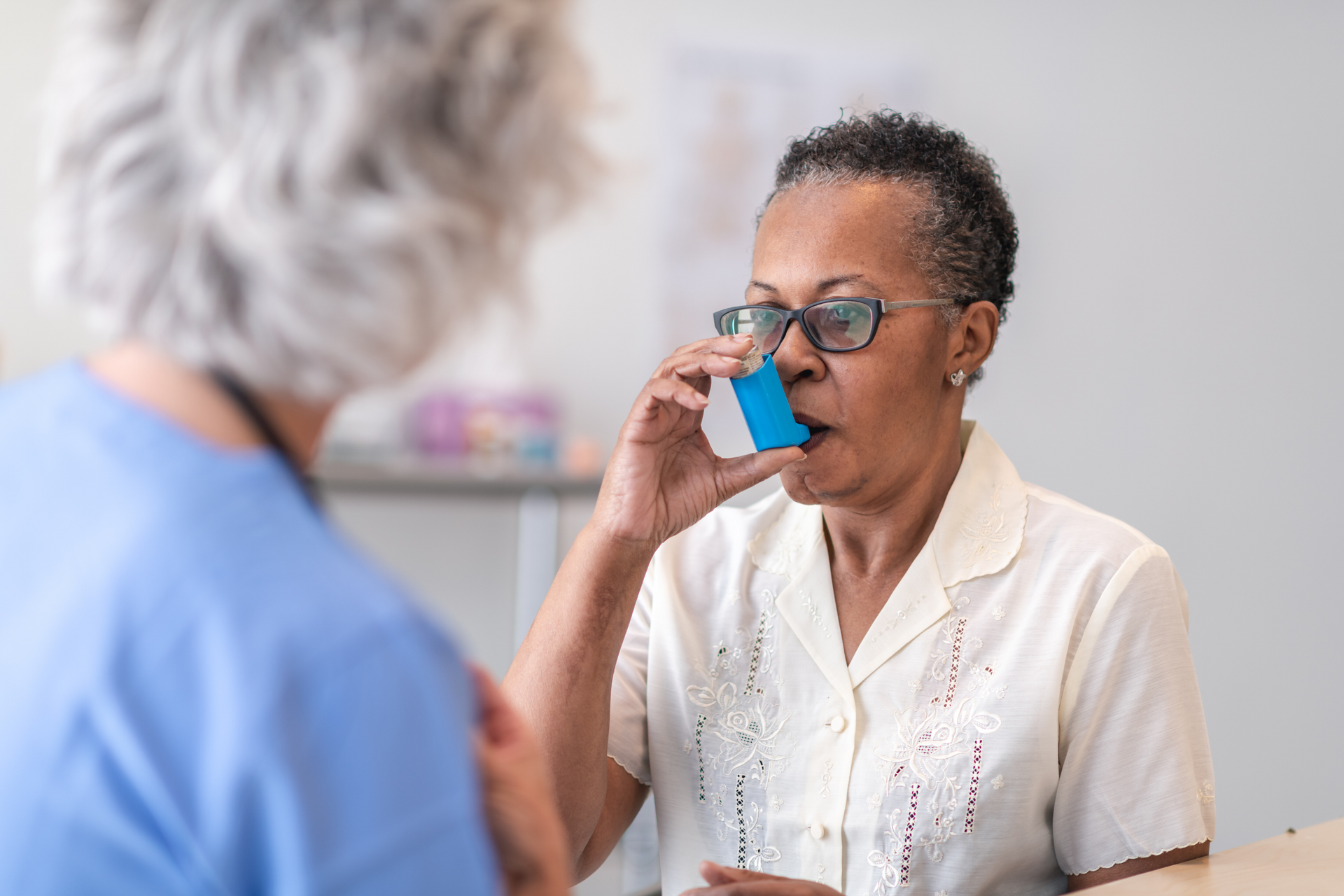4 Reasons Why You Should Want to Join Clinical Research
Why You Should Want to Donate Your Time to Clinical Research
When the pandemic hit, a lot of people, including medical researchers and experts, were overwhelmed by how new the virus was. The novel coronavirus was unlike anything we had ever seen before in the rapid way it spread and how drastically it had shut down countries all over the world, sending people into lockdowns. But the same cities and countries were able to slowly get back to “normal” life, and as vaccines developed, the virus became something easier to understand over time. This was thanks to clinical research, which gave us the tools to rebuild life as we once knew it today.
To participate in clinical research is to give back to the community. The medical breakthroughs of tomorrow begin with the selfless participation of volunteers today.
1. Clinical research saves lives.
Donating your time to clinical research is extremely selfless because in contributing your time, you could be saving many people’s lives or, at the very least, changing them for the better. Participating in clinical research gives medical researchers the tools to answer questions that could relieve people from historic events such as epidemics and pandemics.
2. Clinical research keeps us learning.
Imagine where we would be if medical staples such as penicillin had never been discovered. Imagine if we could not take basic flu meds to combat the common cold, or, as we eventually came to learn, ease the severe symptoms of Covid-19 and its variants. With clinical research, we can keep learning new ways to relieve diseases that keep coming our way while, in turn, learning how to evolve them for easier, more streamlined use in the future.
3. Clinical research helps develop and evolve medicine.
With clinical research, safe and tolerable doses of many medications that we rely on have been discovered. We are able to up dosages while knowing that they will not be harmful to us, thanks to the people who have played a fundamental part in clinical research.
4. Clinical research is safe.
With all of this encouragement to donate your time to clinical research, you might wonder how worth it is? Is it even safe? Rest assured, clinical research is very safe because it’s closely monitored by doctors, therapists, nurses, and other medical professionals on board. Ascada Research is equipped to handle research with minimal risk with its team of knowledgeable and experienced physicians, pharmacists, nurses, and occupational therapists on their team. . They also have medical specialists such as a pulmonologist and a cardiologist available to tend to medical emergencies.
Which research clinic should I take part in?
Ascada research is an effective clinical research option to take part in. Ascada Research offers in-clinic and outpatient services for both acute COVID and long-COVID patients, as well as research studies in many more disease states. Thanks to clinical research, Ascada has reached the milestone of knowing how to treat both long-term and mild COVID cases, which differs from most other clinicians and doctors who have lagged in their research. The lack of research has resulted in patients who are still experiencing symptoms months after recovery and have a reduced quality of life.
Clinical research is admirable and often beneficial to others. Make a positive impact on your life and the life of others by being the push that a clinical trial needs to find success. By investing your time in clinical research, you could potentially change the world. Visit Ascada Research to find out more about why this research clinic is the right one for you.



